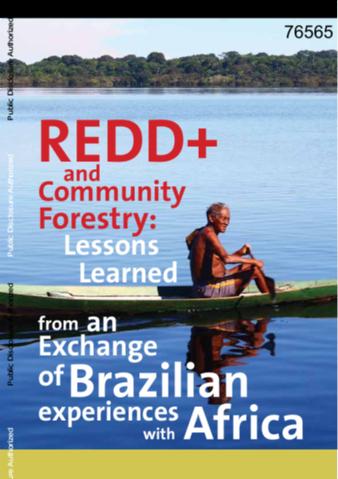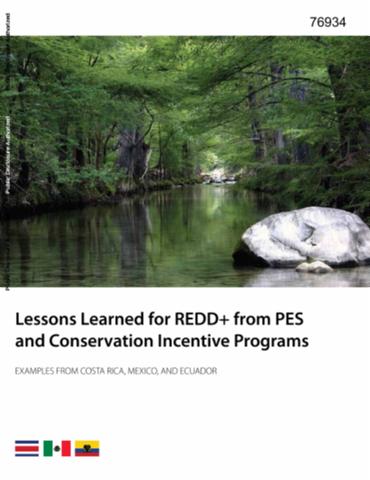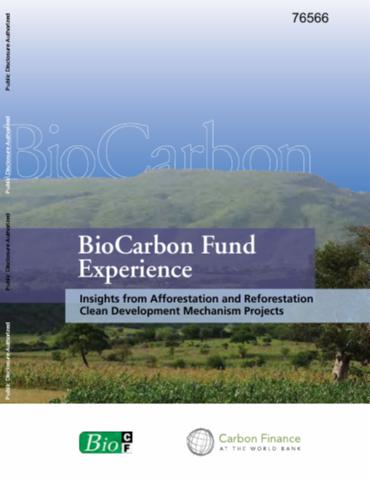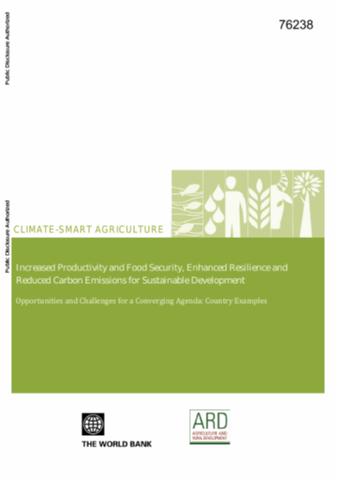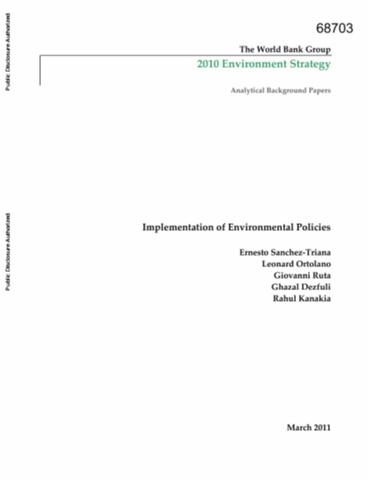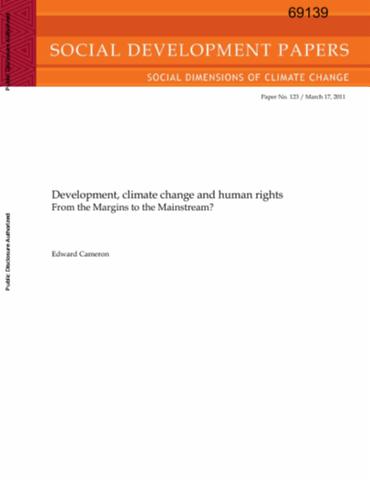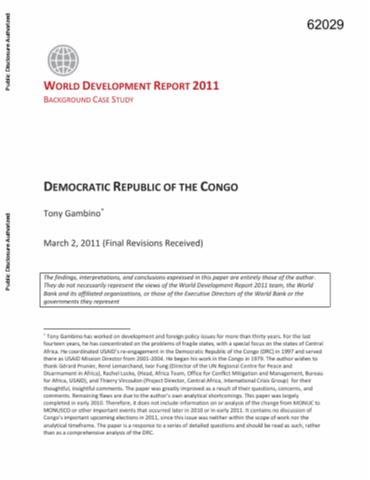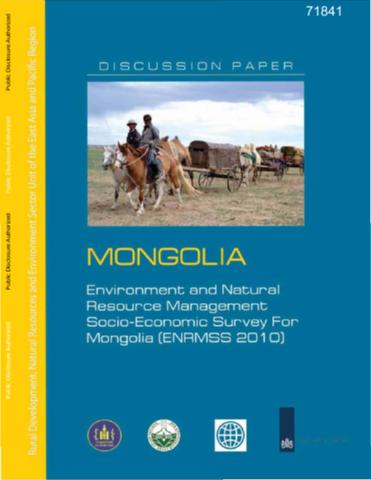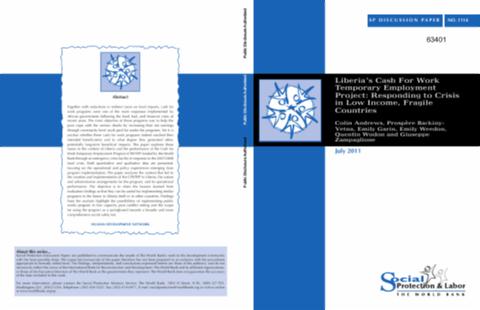Good Urban Governance through ICT
Africa is currently experiencing the world's fastest urbanization rate at 3.5 percent annually-placing increasing pressure on resource-constrained local governments to maintain and improve livability standards of their cities. But simultaneously, an 'Information and Communication Technologies' (ICT) revolution has swept across the continent-as evidenced by vastly improved telecommunications and internet infrastructure, leapfrogging mobile communications penetration rates, and emergence of a successful homegrown IT applications industry.


